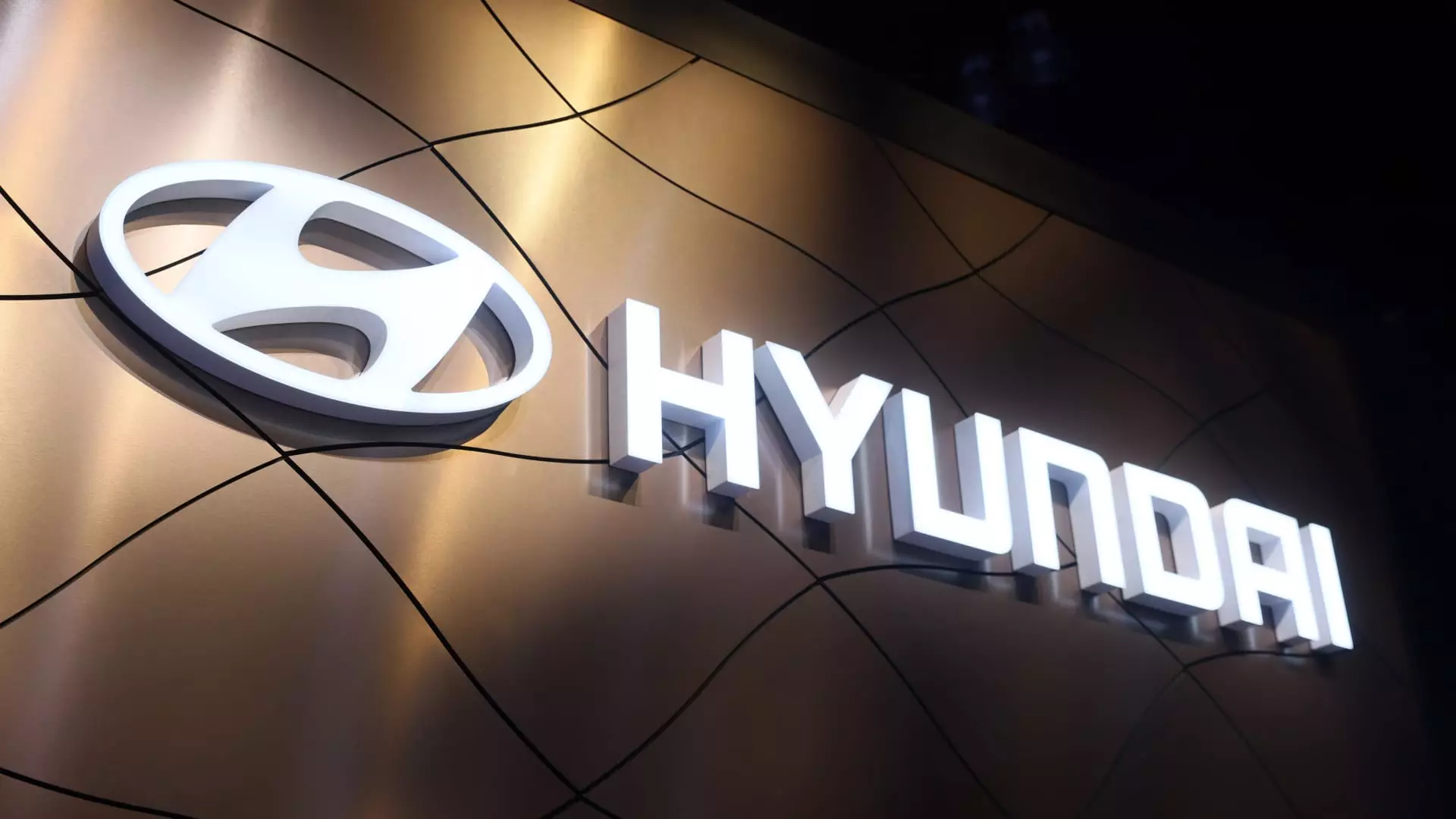Hyundai Motor North America has recently come under scrutiny as it was announced that over 42,000 vehicles will be recalled due to a severe wiring issue that poses a significant risk to drivers and pedestrians alike. The National Highway Traffic Safety Administration (NHTSA) has disclosed that the recall affects the 2025 Hyundai Santa Cruz and Tucson models. This predicament has raised alarms within the automotive community and amongst consumers, highlighting crucial safety deficiencies in the company’s production protocols.
The issue stems from a potential malfunction in the vehicles’ transmission systems that allows them to unintentionally roll away without the necessary application of the brake pedal. This dangerous flaw dramatically escalates the risk of accidents, injuries, or even fatalities, especially in urban environments where pedestrian traffic is high. According to the NHTSA, nearly 1% of these vehicles are estimated to possess this defect, raising serious consumer concerns regarding the overall quality control measures at Hyundai.
These 2025 models, specifically the Santa Cruz—a vehicle designed as a combination SUV and pickup truck starting at around $33,000—and the Tucson, which begins at just above $28,000, are essential players in Hyundai’s lineup. Both vehicles are integral to the brand’s attempt to capture the growing hybrid SUV market, highlighting the need for meticulous attention during the manufacturing phase.
The Recall Process
While the recall is undeniably troubling, Hyundai has assured consumers that those impacted can continue operating their vehicles for the time being. However, the NHTSA has strongly recommended that owners utilize the parking brake when parking their vehicles, an interim measure that consumers may find unsettling. The recall process entails dealers rerouting the console extension wiring assembly, a remedy that will be provided at no cost to the vehicle owners.
Letters informing affected customers about the recall are expected to be dispatched by January 19, 2025. Such timelines and procedures could lead to apprehension among current and potential Hyundai owners regarding the reliability of their vehicles and the efficacy of the company’s responsiveness to safety concerns.
Discovery of the Defect
The troubling wiring flaw was first identified following a report received by Hyundai’s North American Safety Office (NASO) in late October 2023 regarding a corporate fleet vehicle that exhibited the dangerous behavior of moving on its own. This alarming report spurred an immediate investigation, which subsequently expanded to include the Santa Cruz vehicle line upon further analysis in early November. The detailed investigation underscores the need for auto manufacturers to adopt more rigorous internal reporting systems and to maintain vigilant monitoring for potential safety issues.
By November 13, it was evident that a formal recall was necessary. However, worrisomely, as of the latest reports, Hyundai has indicated that there have been no recorded instances of incidents leading to injuries, deaths, crashes, or vehicle fires associated with the defect. This commentary may provide some relief, yet it does little to assuage the apprehensions of consumers.
This recall is not an isolated incident for Hyundai. The company is currently grappling with another recall involving over 145,000 electric vehicles, including the Genesis and IONIQ lines. These models face issues with their integrated charging control units (ICCU), which can malfunction and prevent batteries from charging. Once again, consumers are left questioning the overall reliability of Hyundai’s vehicles amidst multiple recalls.
As vehicle technology continues to advance, manufacturers must prioritize safety and quality assurance alongside innovation to retain consumer trust. It’s imperative for brands like Hyundai to learn from these setbacks and commit to strengthening their engineering protocols. Failure to address these issues with transparency and accountability could risk long-term damage to the brand’s reputation within a highly competitive automotive market.
Hyundai’s recent recall of over 42,000 vehicles due to a critical wiring defect emphasizes significant concerns in automotive safety and quality control. As the loyal customer base watches cautiously, it is crucial for the company to address these issues head-on and demonstrate a commitment to ensuring that such oversights do not recur. The proactive steps taken in handling current recalls will significantly influence consumer trust in the brand’s future initiatives.

Leave a Reply